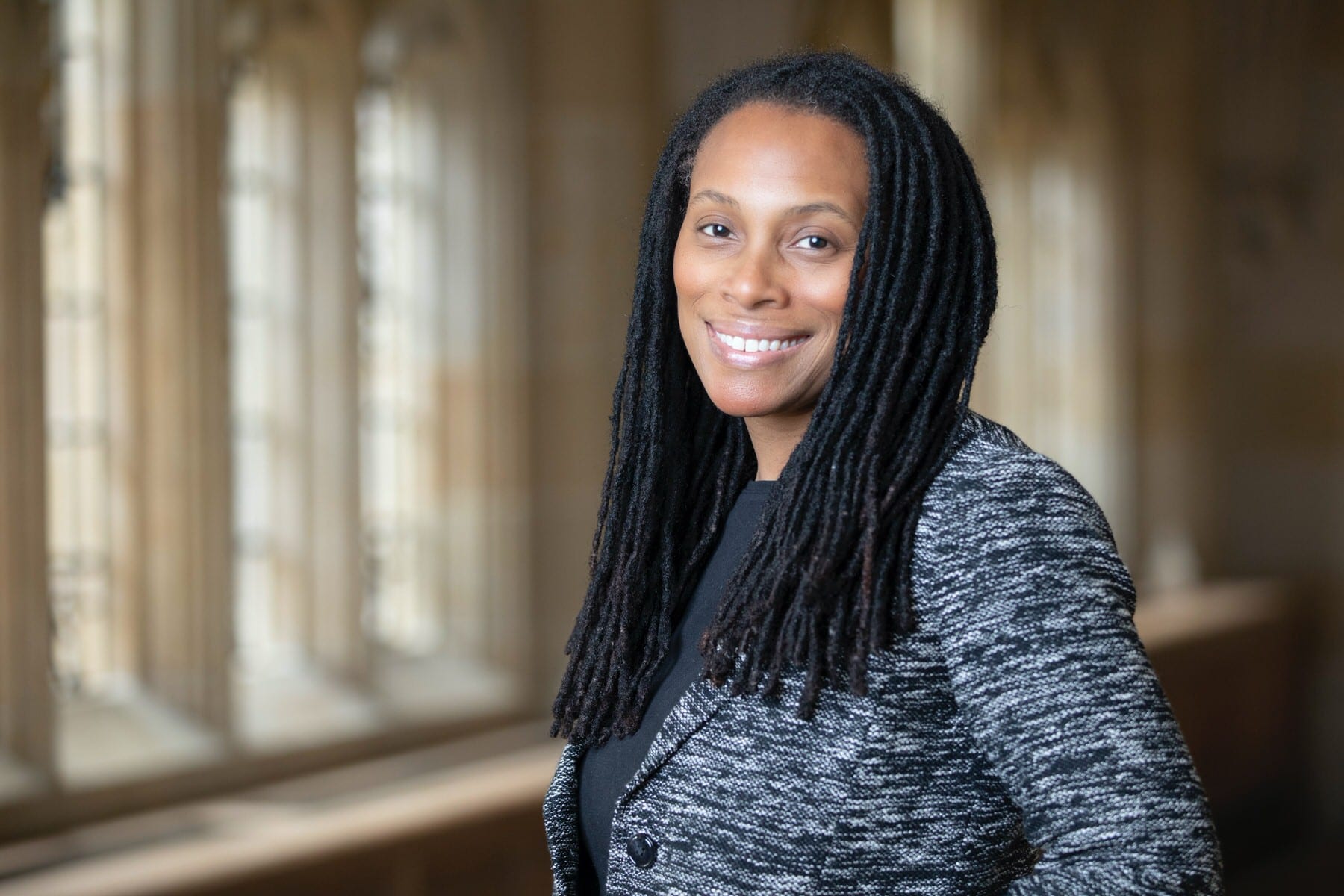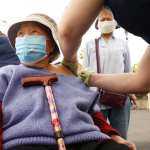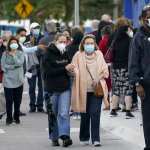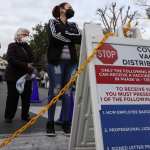As the United States races to vaccinate every adult in America — a feat that President Joe Biden said could happen by the end of May — top women officials leading the president’s coronavirus response said the administration’s efforts are centered around equity. Black and Latinx people remain far less likely to have gotten a vaccine than White people, despite their increased exposure rates and deaths by coronavirus.
“If we’re going to combat variants, you have to have the vaccine reach the places where the virus is replicating,” said Dr. Rochelle Walensky, the director of the Centers for Disease Control and Prevention. “If it’s replicating in hardest-hit communities, the vaccine has to reach there… And so, it’s not only our responsibility because it’s the right thing to do — it’s scientifically proper.”
In a conversation with The 19th’s health care reporter Shefali Luthra, Walensky joined Dr. Marcella Nunez-Smith, the chair of COVID-19 Health Equity Task Force, to discuss the country’s vaccination distribution plan.
Walensky said there’s been a lot of communication between state, local, tribal and territorial partners about how best to reach people. At the federal level, the CDC has a partnership with the Federal Emergency Management Agency to look at social vulnerability using Census data.
“If we can put mass vaccination centers in places that are most vulnerable, we can bring vaccination to them,” Walensky said, also noting that mobile units can vaccinate up to 6,000 people a day.
In addition, federal pharmacy partners are allowing the CDC to partner with local pharmacies, which are generally trusted by the community and located within five miles of 90 percent of Americans. Community-based organizations and faith groups are also invaluable partners in getting the vaccine to those who need it most, Nunez-Smith added.
“On a national scale as well, very much in the final stages, is a national public education campaign,” Nunez-Smith said. “And it is important that we do think about the tailoring of the message. … We’ve been talking about communities of color, but we see skepticism in our rural neighbors as well. We have to be able to reach out and communicate, addressing head-on people’s concerns.”
Historically, there have been some dark moments when it comes to how Black people were treated by the scientific community, including the Tuskegee study and the story of Henrietta Lacks. Nunez-Smith said it was important that people know there was a lack of representation in the scientific workforce at those times — but that is no longer the case.
“It’s completely different now,” Nunez-Smith said. “And the development for all the vaccines really features that kind of diverse representation, not just in the scientists but also in the participants in the clinical trial. People need to see themselves in trials, and we can do that for all three of these vaccines.”
One major obstacle to an equitable distribution of the vaccine is insufficient data collection. There are many groups that are still largely invisible in the data, she added, including members of the LGBTQ+ community, indigenous people and those who are incarcerated.
“Every time we kind of let the data hold us back, we are in fact making a choice for what gets priority and what gets acted on,” Nunez-Smith said. “But data and better data and being data-driven is at the core of the work that we’re doing.”
Looking ahead, Walensky said she believes this pandemic will significantly change how Americans think about the cost of health care and access to health care. Walensky, an infectious disease doctor, said we’ve experienced the spread of anthrax, Ebola virus, swine flu and severe acute respiratory syndrome (SARS) in the last two decades alone.
“This is not the last [pandemic],” Walensky said. “It’s the reason that you have a whole future cadre of people who are interested in infectious diseases, because it changes all the time and is global. And so if we can’t learn now the lesson of the importance of investing in public health, then shame on us.”
From the Collection







